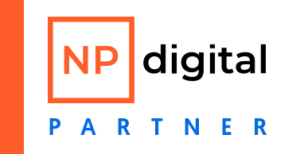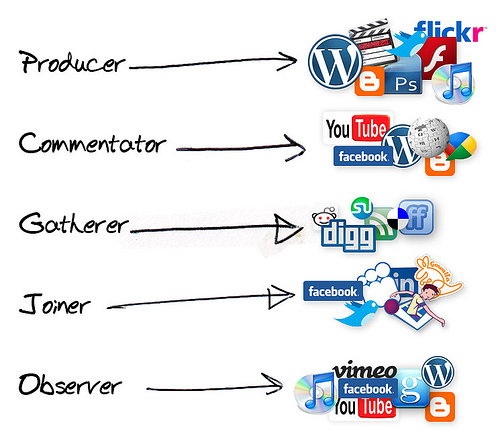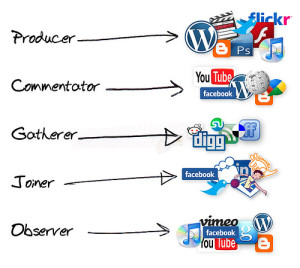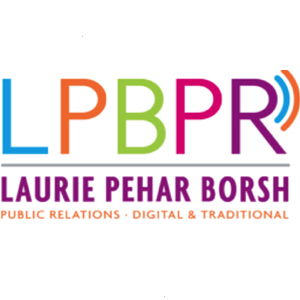The Shocking Truth About Digital Brand Management Strategies
In today’s fast-paced world of digital marketing, businesses must optimize their online brand presence to remain competitive. There are numerous strategies to consider, from social media to search engine optimization, when it comes to managing our online presence. Most companies don’t realize that there are shocking truths behind some of these so-called ‘digital brand management’ tactics. As businesses scramble to gain more likes, followers, and engagement, the authenticity and integrity of our brand can often be lost in the noise.
In this article, we will explore the dark side of digital brand management strategies and reveal the surprising impact they can have on a company’s reputation and bottom line. Get ready to be shocked by the truth behind the algorithms and tactics used to manipulate online audiences and learn how to navigate the digital landscape with integrity and purpose.
Table of Contents
Importance of digital branding
Small businesses should concentrate on creating a strong online presence, staying consistent across all digital platforms, and connecting with their audience genuinely. By managing our brand reputation online, we can control the story around our brand. Using creative and new methods to engage customers can make us stand out and build a loyal following.
It’s important for us to always update our digital branding strategies to keep up with the changing online world. By focusing on managing our digital brand, we can improve our brand visibility, credibility, and ultimately, our profits.
Building brand consistency online
Consistency means using the same tone, colors, logo, and messaging on all digital platforms for a seamless brand experience. By staying consistent in visuals, voice, and values, businesses can strengthen their brand image and leave a lasting impression on their target audience. This not only boosts brand recognition but also builds credibility and loyalty.
Additionally, consistent branding online plays a key role in improving brand recall and differentiation. When consumers come across a brand that is consistent in messaging and visuals on various online channels, they are more likely to remember and recognize it. This repeated exposure helps establish a strong brand presence in consumers’ minds, making the brand stand out in a crowded digital space. Consistent branding also helps differentiate our brand from competitors, allowing us to create a unique and memorable identity in the market.
Authenticity in brand communication
According to the Digital Marketing Institute, authentic communication builds trust and credibility, fostering stronger connections with customers. By being transparent, genuine, and consistent in brand messaging, businesses can establish an emotional connection with consumers, leading to increased loyalty and engagement. In today’s digital landscape, consumers are constantly bombarded with marketing messages, making it crucial for businesses to communicate authentically to stand out. Authenticity builds brand reputation and fosters long-term relationships with customers.
Above all, by staying true to our brand identity and values, we can differentiate ourselves from competitors and build a loyal customer base. Embracing authentic brand communication not only enhances brand perception but also drives customer loyalty and advocacy, ultimately contributing to business growth and success.
Handling brand reputation online
With the rise of social media and online reviews, a brand’s reputation can change quickly. To maintain a positive image, we must monitor our online presence, respond to feedback promptly, and address any negative comments. Building a strong online brand reputation requires proactive management and protection.
By delivering on promises, offering great customer service, and engaging transparently with customers, we can build trust and loyalty. Positive customer testimonials, user-generated content, and partnerships with influencers can also boost our reputation online.
Creative ways to engage an audience
Creating interactive content like polls, quizzes, and contests can boost engagement. Responding quickly to comments and messages shows our commitment to customer feedback. Sharing engaging posts on social media platforms can generate discussions and maintain audience interest. Collaborating with influencers or hosting live events helps connect with the audience on a personal level.
In addition, user-generated content builds credibility and fosters a sense of community. Encouraging customers to share their experiences through testimonials enhances engagement. By adapting our content to meet customer needs and preferences, we can increase brand loyalty and advocacy
Elevate Your Digital Brand Management with Laurie Pehar Borsh PR
Looking to improve your online presence and manage your digital brand effectively? Look no further than Laurie Pehar Borsh. With years of experience in the industry, Laurie Pehar Borsh PR specializes in digital PR management and production, offering expert services to help you enhance your online reputation.
From creating strategic campaigns to engaging with your target audience, this business knows how to build brand awareness effectively. By utilizing cutting-edge digital tools and tactics, Laurie Pehar Borsh can help you stay ahead of the competition and make a lasting impression online.
If you’re ready to take your digital brand management to the next level, reach out to Laurie Pehar Borsh PR today.
In a Nutshell
The ever-evolving landscape of digital brand management requires a strategic and adaptive approach to effectively engage with today’s consumers. From leveraging social media platforms to crafting compelling content, brands must prioritize authenticity and consistency to build trust and loyalty.
By analyzing data-driven insights and staying ahead of trends, companies can maintain a competitive edge in the digital sphere. Another key point is being able to understand the importance of personalization and customer engagement is key to establishing a strong brand presence online.
With the right tools and techniques, brands can navigate the complexities of digital media and cultivate meaningful relationships with their target audience. Embracing innovation and embracing change is essential to staying relevant and resonating with consumers in today’s fast-paced digital landscape.
So, as we embark on a journey of digital brand management, remember that your success lies in our ability to adapt, innovate, and connect with your audience in new and innovative ways.
























